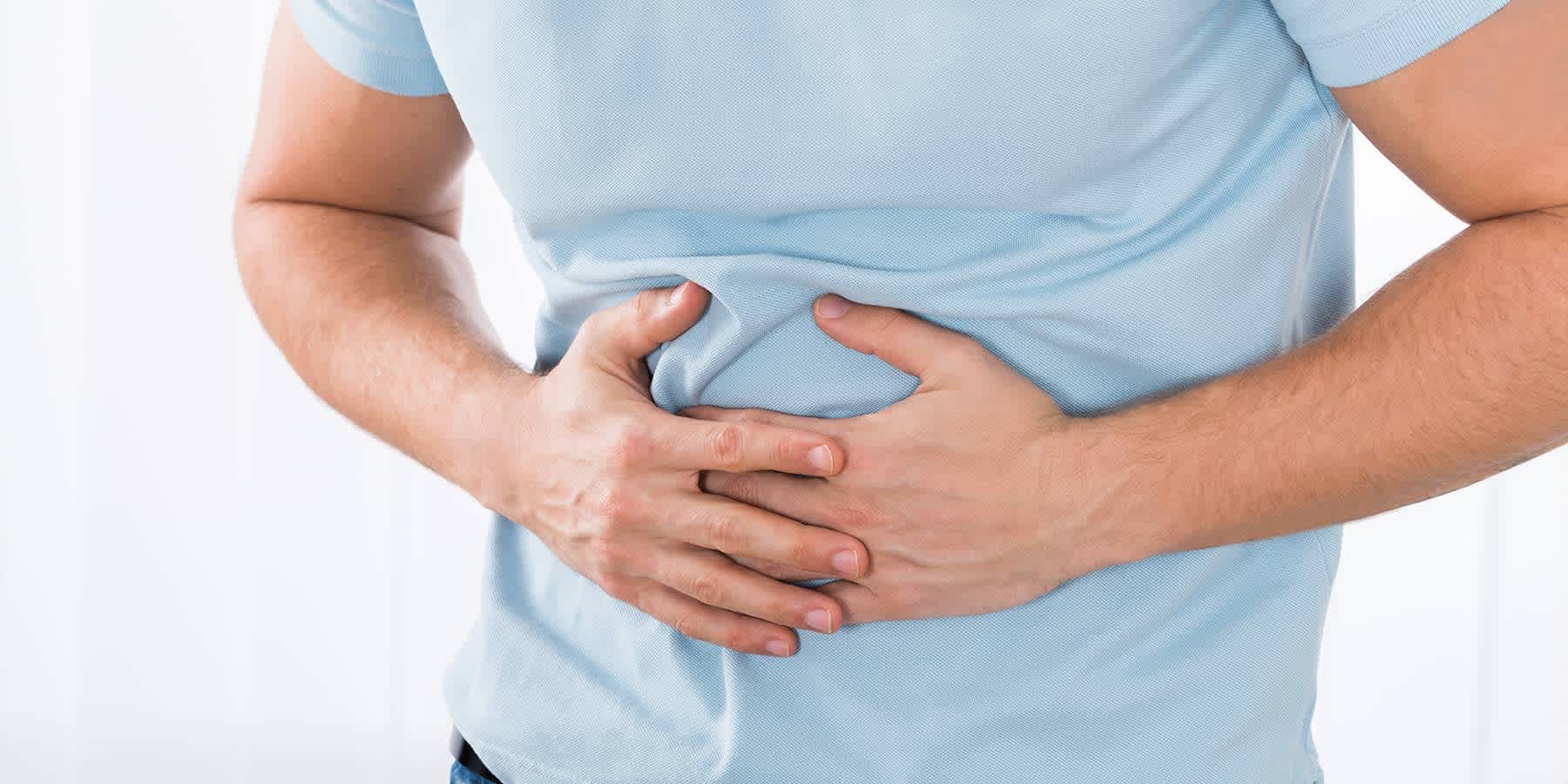Why you might not have gained weight: fat and bloating.
Understanding the Difference Between Bloating and Fat: a Vital Overview for Digestive Health
Recognizing the difference between bloating and excess body fat is critical for anyone worried with digestive system wellness. While bloating presents as a short-lived and usually uncomfortable condition, generally linked to dietary routines or digestive system disturbances, body fat stands for a much more irreversible modification in one's figure.
Defining Bloating and Fat
Bloating and fat are two distinct physiological phenomena that can dramatically impact an individual's convenience and body image. Bloating is generally a temporary occurrence and can rise and fall throughout the day, frequently fixing with way of living modifications or clinical interventions.
On the other hand, body fat is a more long-term and stable element of human physiology, primarily working as an energy reserve and playing important roles in hormonal agent policy and insulation. Body fat is categorized right into two types: subcutaneous fat, which lies just underneath the skin, and natural fat, which surrounds internal body organs. While excess body fat can bring about health and wellness issues, it is necessary for general physical functions.

Sources Of Bloating

Furthermore, food intolerances, such as lactose or gluten intolerance, can result in bloating when the body has a hard time to refine certain substances - difference between bloating and fat. Consuming as well quickly or eating carbonated drinks can likewise intensify the issue, as these habits present excess air into the digestive system system
Lifestyle aspects, including tension and absence of exercise, can better add to bloating by affecting gut motility. Specific clinical problems, such as irritable bowel syndrome (IBS) or gastrointestinal blockage, may also lead to persistent bloating. Recognizing these reasons is vital for successfully taking care of and reducing bloating, enabling people to make enlightened nutritional and lifestyle selections that support their digestion health and wellness.
Signs And Symptoms of Bloating vs. Fat
Comparing the signs and symptoms of bloating and excess fat is essential for recognizing one's body and dealing with pain successfully. Bloating generally offers as a feeling of fullness or pressure in the abdominal area, frequently gone along with by visible distension. Individuals might experience discomfort, cramping, and even discomfort, especially after meals. Bloating can likewise result in too much gas, leading to burping or windiness.
In contrast, excess fat materializes in a different way. While it might add to a sense of thickness, it normally does not create the acute pain connected with bloating. Instead, excess fat has a tendency to gather slowly, leading to an adjustment in physique and size gradually. Individuals might observe a rise in body circumference, especially around the waistline, yet this does not usually present with the instant sensations of fullness or distension.

Acknowledging these distinctions is important. While bloating is often short-term and linked to dietary variables or digestive concerns, excess fat suggests a more persistent condition calling for lifestyle adjustments. Understanding these symptoms empowers people to seek appropriate services customized to their particular problems relating to digestion useful content health and body composition.
Managing Bloating
Effective administration of bloating requires a multifaceted technique that attends to both dietary choices and lifestyle routines. It is necessary to recognize and remove certain foods that may trigger bloating, such as those high in fiber, gluten, lactose, or particular fermentable carbs (FODMAPs) Keeping a food diary can help determine these triggers and guide modifications.
Integrating smaller sized, much more constant meals as opposed to huge ones can likewise decrease bloating, as it relieves the digestive procedure (bloating vs fat). Staying well-hydrated is essential, as enough liquid intake help digestion and assists stop bowel irregularity, which can add to bloating
In addition, involving in routine physical task promotes gastrointestinal mobility and lowers bloating. Easy workouts, such as strolling or yoga exercise, can effectively reduce discomfort. Mindful eating methods, such as eating gradually and eating food completely, might additionally enhance digestion and limitation air ingesting.
When to Seek Help
Identifying when to seek clinical assistance for bloating is critical, as consistent or severe signs might indicate a hidden health and wellness concern. If bloating is accompanied by extra concerning signs such as significant abdominal discomfort, unexplained weight-loss, anal bleeding, or continuous queasiness and throwing up, it is crucial to seek advice from a medical care expert. These indications might recommend conditions such as irritable bowel syndrome, stomach blockage, or perhaps extra serious problems like cancer cells.
Additionally, if bloating lingers regardless of nutritional changes or non-prescription remedies, it requires more examination. People with a background of intestinal conditions ought to be particularly cautious, as their danger for issues may be greater. Additionally, if bloating occurs complying with the intake of certain foods, it may show food intolerances or allergies that demand nutritional adjustments or testing.
Verdict
In recap, differentiating between bloating and excess body fat is important for digestive system health and overall health. Bloating, a temporary condition often connected visite site to nutritional variables and digestion concerns, contrasts dramatically with the stable accumulation of More Info body fat.